'Padmaavat' proves Rajput protests were baseless
An analysis of Karni Sena’s remarks in reference to what actually went down in history and throughout the film
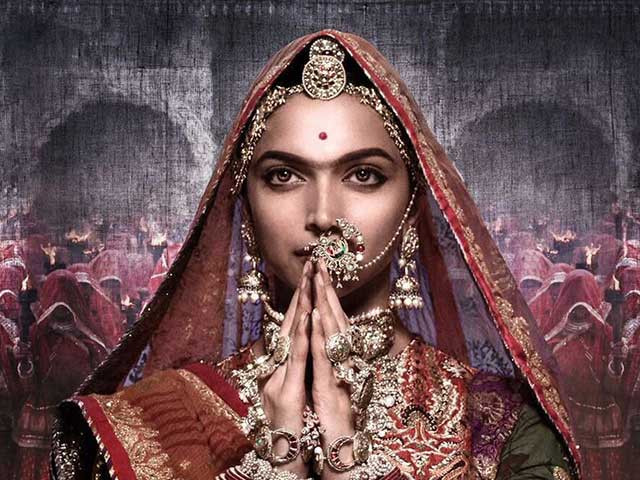
PHOTO: NDTV
Ever since the trailer was released last year, Hindu extremist party Shiv Karni Sena protested against the film, claiming that it is against the honour of the Rajput community and paints their ancient (and fictional) Rani Padmini in a bad light. In order to validate their threats, the party members put ransom on the heads of actor Deepika Padukone (who plays Rani Padmavati) and Bhansali himself.
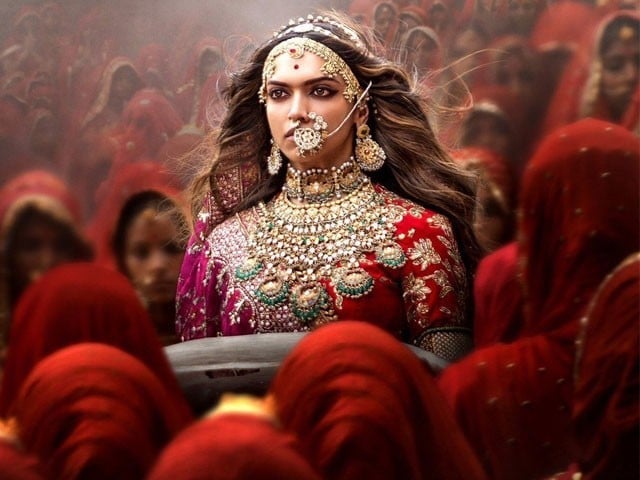 PHOTO: SANJAY LEELA BHANSALI FILMS
PHOTO: SANJAY LEELA BHANSALI FILMSNeedless to say, there has been ample violence across India and Padmaavat, which was initially supposed to release on December 1, was postponed indefinitely. Of course, Karni Sena continued to say the film distorts history. But when it finally released on January 25, the epic saga of love and war proved them all wrong.
Even people who generally are not fans of Bhansali’s brand of cinema have been making their way to the theatres to find out what the hype has been about, if nothing else. After watching the film myself, I couldn’t help up compare the claims made by Karni Sena with what actually went down in history and just had to share it.
Claim 1: ‘Padmaavat’ distorts history
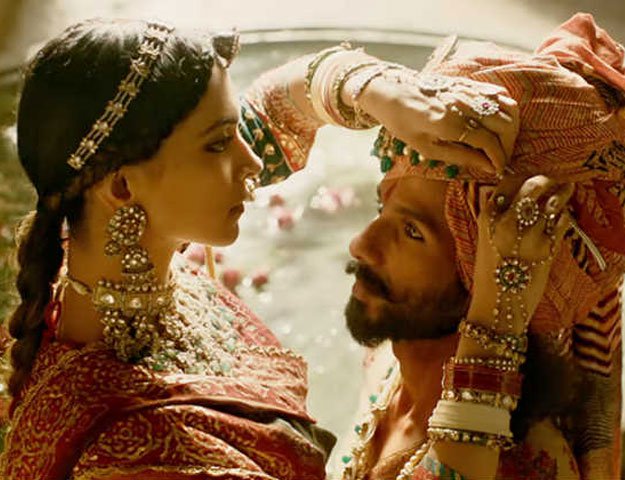 PHOTO: THE INDIAN EXPRESS
PHOTO: THE INDIAN EXPRESSTimes of India reported that Karni Sena activists deemed the film to have changed historical facts about the Rajputs, hence demanding for it to be pulled out. Even BJP Rajasthan’s unit chief Ashok Parnami stated, “Our history is glorious. We will not tolerate any distortion.”
However, according to The Quint and Padmaavat’s team, the film is fiction. It’s based on a poem penned by the Sufi poet Malik Muhammad Jayasi called Padmavat, at the end of which Jayasi himself states that his story was made up
According to the poem, Rani Padmini – also called Padmavati – was born sometime between the 13th and the 14th century. She was known for her beauty and a talking parrot that flew to the Rana of Chittor, Ratan Singh and told him about her. Intrigued, the ruler then travelled to Simhal Dvipa, where Padmavati lived, to win her over.
On the other hand, the film shows that Singh travels to Singhal to fetch some priceless pearls. There, he is blown away by Padmavati’s beauty and asks to marry her, thereby taking her back to Chittor.
Claim 2: The film dishonours the Rajputs
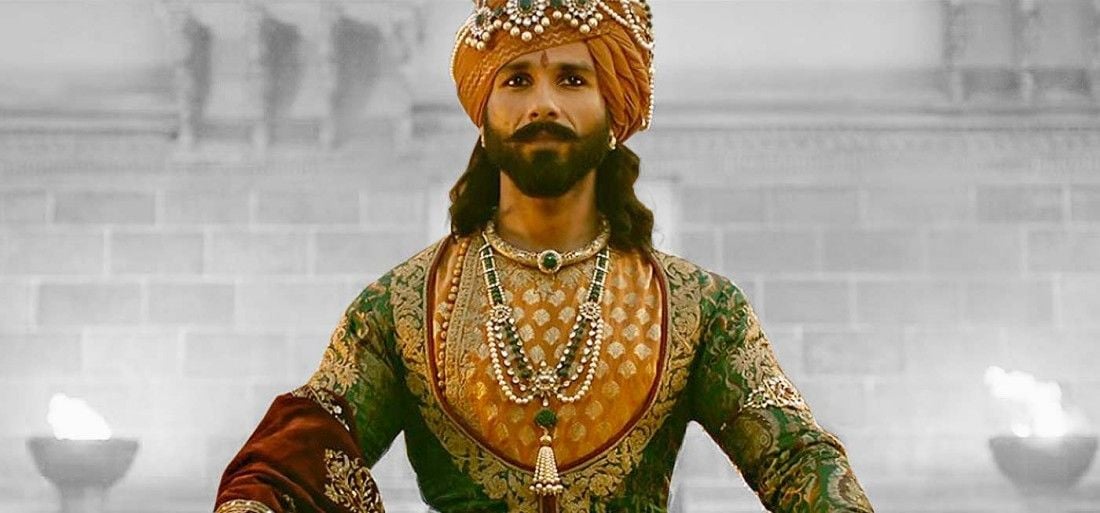 PHOTO: FILE
PHOTO: FILEIt was touted that Padmaavat is a disgrace to the Rajputs. Indian home minister Gulab Chand said, “It’s not just about the honour of one section of society but about the honour of the whole state of Rajasthan.” However, according to Jayasi, Singh is considered an allegory for the human soul which in turn stands up for the Rajput morals.
As per Bhansali’s claims of being inspired by Jayasi’s poem, the film does full justice to his words. Padukone’s character pays tribute to the Rajput valour by burning herself along with all other Rajput women. Adding further, Shahid as the honourable Singh repeatedly pays homage to Rajput principles and dignity through his dialogues and storyline. If anything, Padmaavat praises the Rajput community a bit too much!
Claim 3: Queen Padmavati is disrespected in the film
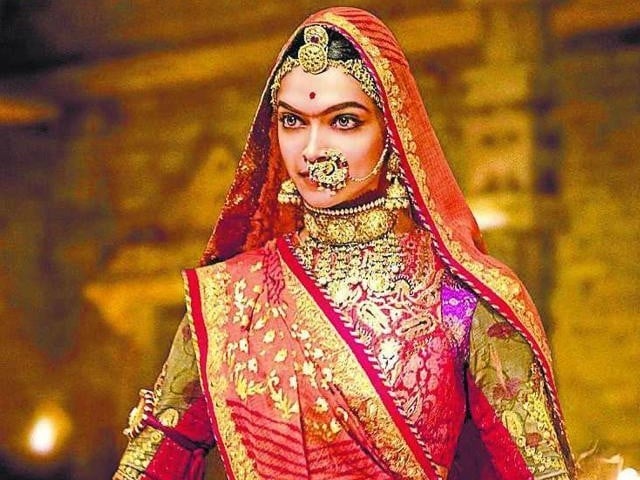 PHOTO: HINDUSTAN TIMES
PHOTO: HINDUSTAN TIMESOne of Karni Sena’s greatest concerns was that their queen was being shown in a bad light and objected to an alleged romantic scene between her and Alauddin Khilji. District president of Karni Sena stated, “We have learnt that the film-makers are portraying the film as a love story between Khilji and Padmini, which is a blatant distortion of history. That is why we stopped the shooting and told the makers that we won’t let them continue unless they make changes.”
But as mentioned earlier, Padmavati never actually existed. Khilji defeated Chittor in 1303 and died in 1316. Amir Khusro – who usually accompanied the ruler – also never mentioned any such person in his poems. Historians further confirm that the first time they came across Padmavati’s name was in Jayasi’s poem, which happened 200 years after Khilji’s death.
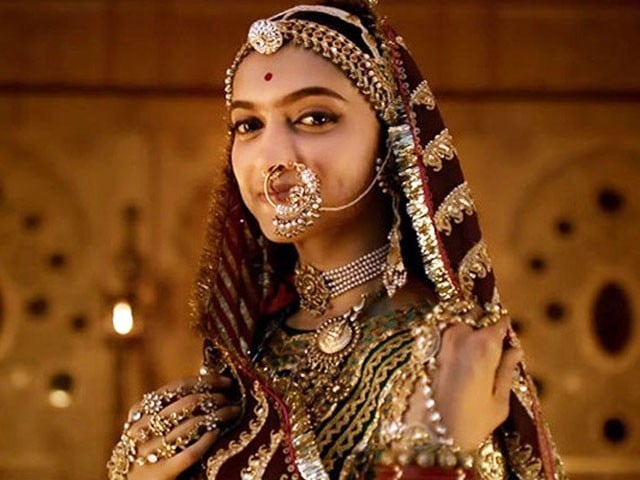 PHOTO: YOUTUBE
PHOTO: YOUTUBEIn the poem, Padmavati performed jauhar – an act of burning oneself in fire – instead of submitting herself to the lustful Khilji. Likewise, the queen burns herself to save the honour of her women, thereby disproving that she was a negative character.
But most importantly, there is no romance between Padmavati and Khilji. In fact, Padukone Ranveer Singh – who plays Khilji – don’t evens share a single scene together!
Claim 4: Rajput women didn’t dance in front of people
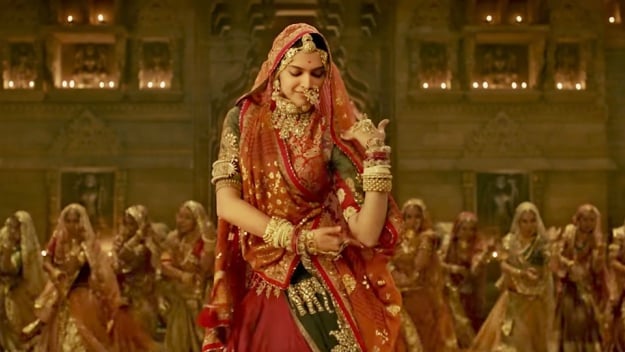 PHOTO: INDIA
PHOTO: INDIAAccording to Hindustan Times, the Rajput Sabha president exclaimed, “Ghoomar is not performed in the way it has been shown in the film and the queens never take part in the dance.” Even Jayasi’s Padmavat does not mention any dance number performed by Padmavati. But as reported by Discover India, ghoomar is a traditional Rajasthani dance form performed by women. A Rajput bride would perform ghoomar after she was welcomed to her husband’s house. Keeping in line with the actual history, Padukone dances after she’s been wed to Kapoor. This is a matter of slight concern as the dance was never mentioned in the poem which is where Bhansali has taken inspiration from.
Real life Khilji vs Ranveer Singh’s Khilji
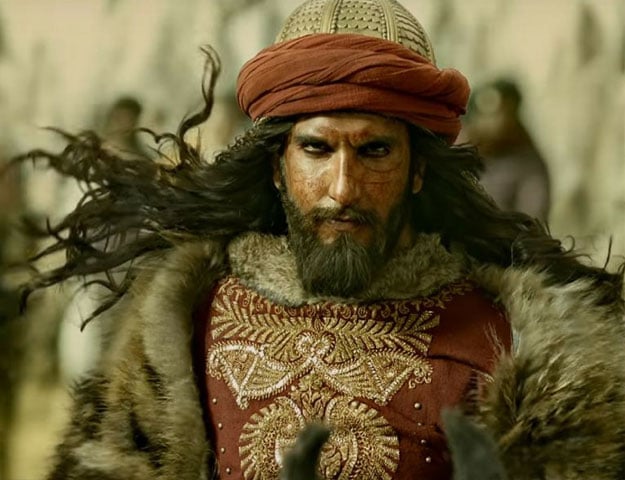 PHOTO: SANJAY LEELA BHANSALI FILMS
PHOTO: SANJAY LEELA BHANSALI FILMSWhile Karni Sena has claimed that the film is anti-Rajput, Padmaavat has tainted Khilji. As opposed to the barbaric Alauddin in the film, history said that he was a great leader. According to The Famous People, he reduced taxes of agriculture produce by 50% so as to lessen the burden on the cultivators. Despite being a strategic leader, the film denies Khilji’s contribution to economy – making him a hateful antagonist in the film.
While the film does not completely follow suit of Jayasi’s poem, it does in fact, makes sure to be very careful with their take on the Rajput community. Karni Sena’s claims as compared to what actually is shown in the movie prove to be senseless. Whether or not changes were made after their protests, is still up for debate. However, creating violence in the country and wreaking havoc in the name of honour was a low blow. Contrary to Karni Sena’s remarks, Padmaavat proved to be very pro-Rajput deeming their claims invalid.
Have something to add to the story? Share it in the comments below.

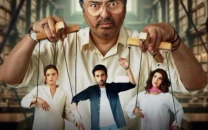

















COMMENTS
Comments are moderated and generally will be posted if they are on-topic and not abusive.
For more information, please see our Comments FAQ